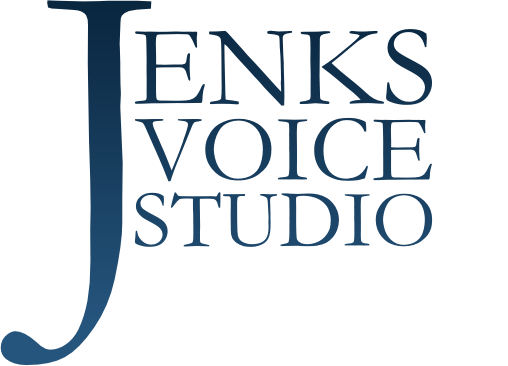Betrayed by our own language.......
Published on July 10th, 2013 by Brad Jenks
← Back To All PostsLanguage is a tricky thing. I don't mean the study of languages, I mean our use of words. They are incredibly useful tools. They paint pictures that communicate things. They can communicate both the vague and the incredibly specific. But they can also communicate things we don't realize.
Our choice of words can communicate things about what we think, and can even influence the way that we think, without us even truly being conscious of it. Little things, subtle things, things that slip under the radar, can all be present in our concept of a subject, introduced surreptitiously by the words we choose or the words we use to instruct. And if I've said it once, I have said it a hundred times- the way you think about a thing is the way in which you will proceed.
A few illustrations:
Most people in the vocal music game will agree that there is an extensive vocabulary used. But more than that, it is in large part an inherited thing. Now, much of this is with good reason, and we would be fools to ignore the wealth of wisdom passed down from those who came before. But some things come in, handed down to us, unchecked.
As an example, let us consider the language of range. Granted, if something has a top and a bottom, it no doubt has a corresponding middle. Most singers, women especially, are introduced early on to a culture of compartmentalizing the voice. "Head voice" vs. "chest voice" terminology is among the most common. But "up here" and "down there" are in various ways instilled in the young singer. At the same time, this duality is, on the face of it, shunned. We don't want this disparity. We want unification. Evenness, smooth transition......but wait. There it is. It just showed up. Did you catch it?
Transition. How can someone transition in a unified entity? The mere use of the word reinforces the duality. Transition from something, to something else. Something other. Something different. So even as we try to eradicate it, we are using language that reinforces the thinking. And that's not the only example. Terms like "negotiate", "navigate your break", "bridge" (find me a bridge on any land that doesn't have a divide), or "mix"..... Mix what? Two things. And so we start with two things, and remain with two things.
And "navigate your break"? More than that- your break. The one that belongs to you. But here is the problem: you don't have a break. There is no thing in the human anatomy called a break. A break is an occurrence, not an entity. And yet our language encourages young singers to come to accept the existence of this thing as a present and persistent physical factor that they just have to live with and try to "negotiate".
Now, of course vocal breaks occur, and resonance transitions commonly known as passaggi are a reality and they must be understood and dealt with accordingly. But our word choice reveals the way we think about an issue, and this has very real implications in the way that we physically attempt to address it. So I often wonder if we are simply too complacent with using inherited terminology; tossing it around in a cavalier fashion, just expecting it to serve, and not always giving it the consideration it is due. And we really ought to. Because, again, this is about learning and passing down a skill. If your terminology doesn't help, or worse, hinders understanding; what good has been done?
Now, this may sound simple enough, and you may think that you are smart enough to not be undermined by what you see as inconsequential linguistic incidence. But trust me. You're not. Not one of us is.

